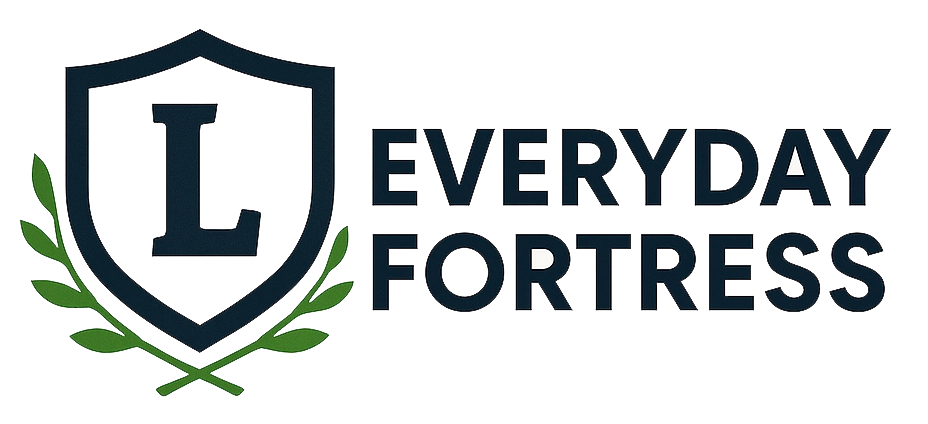It sounds like a riddle: can you get a parking ticket without owning or driving a car? Surprisingly, the answer is yes — and in more ways than most people realize. Whether it’s a borrowed vehicle, a friend’s car registered in your name, or even unpaid tickets tied to your old license plate, legal responsibility can come back to haunt you.
In this guide, we’ll explore how people end up liable for parking tickets without a car, the legal loopholes that keep these fines alive, and how to protect yourself if you’re living a non-driving life.
The Myth: “I Don’t Drive, So I Can’t Be Ticketed”
Many people assume if they don’t drive or own a vehicle, they’re completely out of the parking enforcement system. But enforcement agencies and DMV records don’t work that cleanly.
You can still be held liable for parking violations even when:
- The car is registered in your name but used by someone else
- You sold the car but didn’t complete the paperwork properly
- You’re listed on a lease or title
- You’re responsible for tickets accrued before you stopped driving
In short: The system tracks ownership and registration — not necessarily who parked the car.
Common Scenarios Where You’re Still on the Hook
Here’s how parking tickets without a car can become your legal problem:
1. You Sold the Car — But Not in the DMV’s Eyes
Let’s say you sold your vehicle and handed over the keys, but never officially filed a notice of transfer or release of liability. Until the buyer registers the car in their own name, you’re still considered the legal owner.
That means any unpaid parking tickets, toll violations, or even impound fees are still legally your responsibility.
2. You Let a Friend Use Your Car
Even if you rarely drive, allowing someone else to use your vehicle makes you the liable party for any tickets. Parking citations follow the license plate, and by extension, the registered owner — not the driver.
Unless they willingly pay the ticket or admit fault in writing, you may be left paying their fine.
3. Old Tickets You Forgot About
Stopped driving years ago? Doesn’t matter. If there are unpaid tickets from when you did drive, those debts may still exist — and can be turned over to collections, attached to your credit, or block DMV services like renewing an ID.
Some states even refuse to renew a driver’s license or state ID until the ticket is paid — even if you no longer have a vehicle.
4. Tickets from a Leased or Company Car
If you’re the listed lessee or employee responsible for the vehicle, parking violations often fall on your shoulders. Employers or leasing agencies may automatically charge the fine to you — or hold your wages or deposit until it’s paid.
How Parking Enforcement Tracks You Without a Car
Even without owning a vehicle today, agencies can still trace tickets to you using:
- Your previous license plate
- Your name on vehicle registration records
- Your driver’s license number
- Associated addresses and DMV-linked profiles
In some cities, failure to pay tickets can result in:
- Collections or civil judgments
- Holds on DMV services
- Booting or towing of any vehicle later tied to you
Some local governments contract with private collection firms that don’t care whether you’re currently a driver — they just want payment tied to your ID or record.
Are You Legally Required to Pay?
Yes — in most cases, unpaid parking tickets are considered civil violations, and failing to resolve them can lead to:
- Fines increasing over time
- DMV registration or ID renewal holds
- Your case going to collections
- Even wage garnishment in rare cases
And yes, even if you don’t drive, you can face enforcement if your name is tied to the registration or ticket.
What to Do If You’re Being Billed for Parking Tickets Without Driving
If you’ve received notice about parking tickets but haven’t owned or driven a car recently, take these steps immediately:
1. Verify the Ticket
Check the license plate, location, and time of the offense. Make sure it’s not a clerical error or identity mix-up.
2. Request a Hearing or Dispute
Many local parking enforcement departments allow disputes online or by mail. You can argue:
- You were not the vehicle owner at the time
- You sold the car and have proof
- Your identity was misused
Include supporting documents such as:
- Bill of sale
- DMV transfer of liability notice
- Lease cancellation paperwork
3. Clear Your Name at the DMV
If your record still shows ownership of a sold car, contact the DMV immediately and file a release of liability or title correction.
This prevents future violations from sticking to you.
4. Monitor Your Credit
If unpaid tickets are sent to collections, they may end up on your credit report. Dispute incorrect listings and alert credit bureaus if the debt is not yours.
Preventing Future Liability (Even If You Don’t Drive)
Here’s how to avoid being surprised by legal fines when you’re not behind the wheel:
- Always file a Notice of Transfer when selling a car.
- Remove your name from any joint registrations.
- Avoid co-signing or insuring cars you don’t control.
- Request written confirmation when leaving a lease or company vehicle.
- Check DMV records annually to ensure no cars are still linked to you.
Just because you’ve stopped driving doesn’t mean you’ve stopped being a target for traffic-related liability.
🧠 You May Wanna Check Out:
- Best Transportation Apps and Services for Non-Drivers
- How to Get Car Insurance Without Owning a Car
- What Is Non-Owner Car Insurance and Who Needs It?
Final Thoughts
Living a non-driving life doesn’t automatically free you from vehicle-related liabilities. Parking tickets without a car are more common than you’d think — especially if your name lingers in DMV records or you’re helping friends and family.
To avoid future headaches, proactively separate your name from any vehicle you don’t actively own or use. If a surprise fine arrives, don’t ignore it. Verify, dispute, and clear your name — because in the eyes of the law, non-drivers are not invisible.
For more resources on resolving vehicle-related legal issues, visit the National Consumer Law Center.


